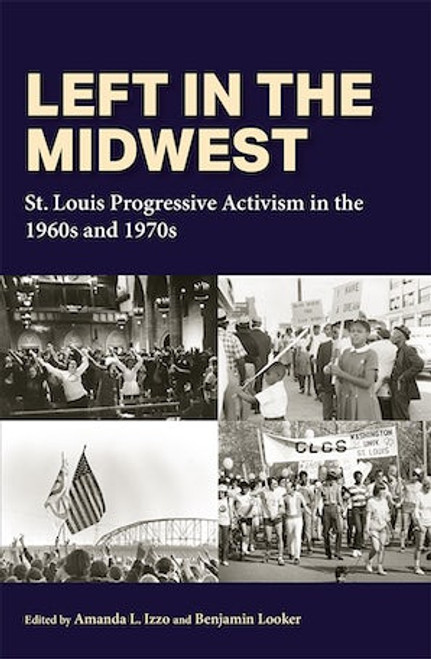In Radical Unionism in the Midwest, 1900-1950 Rosemary Feurer examines the fierce battles between Midwestern electrical workers and bitterly anti-union electrical and metal industry companies during the 1930s and 40s. Organized as District 8 of the United Electrical, Radio, and Machine Workers (UE) and led by open Communist William Sentner, workers developed a style of unionism designed to confront corporate power and to be a force for social transformation in their community and nation.
Feurer studies District 8 through a long lens, establishing early twentieth century contexts for these conflicts. Exploring the role of radicals in local movement formation, Feurer argues for a "civic" unionism that could connect community and union concerns to build solidarity and contest the political economy. District 8's spirited unionism included plant occupations in St. Louis and Iowa, campaigns to democratize economic planning, and local strategies for national bargaining that were depicted as a Communist conspiracy by a corporate influenced Congressional committee in Evansville, Indiana. District 8 was destroyed through reactionary networks and the anti-Communist backlash of the mid-twentieth century, but Feurer argues that its history tells another side of the labor movement’s formation in the 1930s and ‘40s, and can inform current struggles against corporate power in the modern global economy.
About the Author
Rosemary Feurer is an associate professor of history at Northern Illinois University.
Product Specifications
Published by University of Illinois Press, 2006. Paperback, 320 pages.







